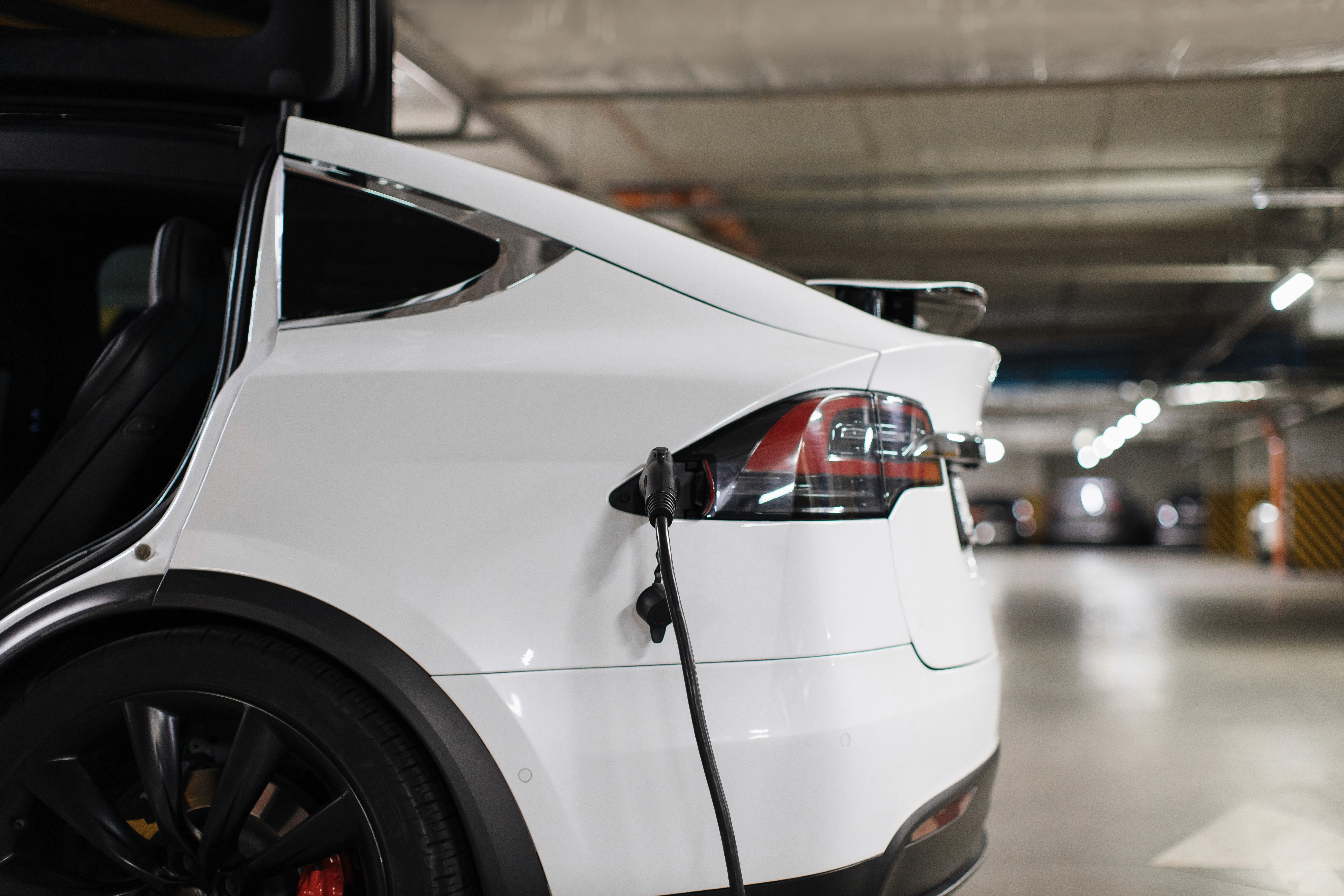App e MyDaze web portal
No matter how complex your installation. We have the right solution for your remote management.
5-star customer service
For us, your satisfaction is everything. And we prove this not only with the quality of our product, but also with our customer care team always ready to assist you in a timely manner.
How to be electric
Recycling electric car batteries: technologies, regulations, and opportunities for sustainable mobility
Discover how the recycling of electric car batteries works: technologies, EU regulations, and benefits for the environment, economy, and circular energy.
May 8, 2025
Read
How to be electric
The 8 best hybrid cars with the longest range in 2025: complete guide
Discover the 8 hybrid cars with the best range in 2025. Compare features, efficiency, and innovation to find the ideal model for sustainable mobility.
May 6, 2025
Read
Electric in progress
Guide to the energy transition: 5 fundamental principles
Discover the 5 essential principles to best approach the energy transition. From economic savings to energy efficiency, a strategic guide for a sustainable future.
Apr 30, 2025
Read























